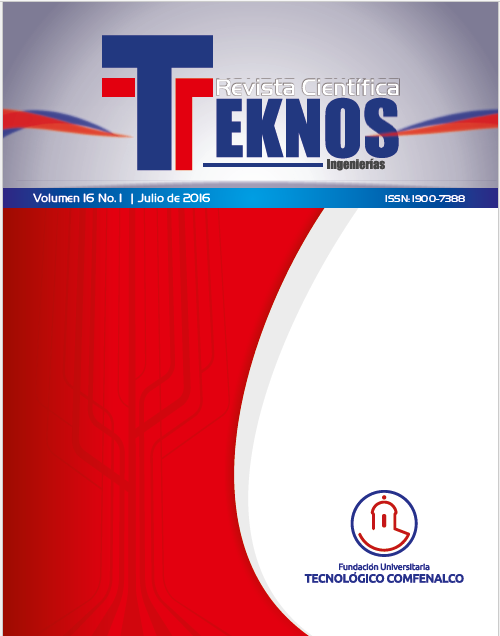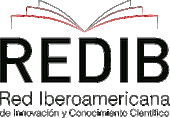Opesourcen Software to support educational processes
DOI:
https://doi.org/10.25044/25392190.804Keywords:
Educational platforms, Free software, Educational technologies.Abstract
This article aims to show the Free Software as a relevant way in educative process. Different dimensions that support this assertion are presented. Ranging from the philosophy of Free Software, to the associated costs and ending with alternatives in almost all fields of knowledge. Special importance to the benefit offered to enhance skills and values that, almost always, in the proprietary software would be restricted, particularly the open possibility to develop from previous work of the community, strengthening technological capabilities and creativity and promoting construction altruistic collective. Finally, a proposal for an Generic Academic Laboratory based on Free Software, whose main contribution is to show that there are technological elements that allow you to implement complete educational platforms in different environments, for different types of user, is presented.Downloads
References
Bloom, B. S. (1956). Taxonomy of the Cognitive Domain. Educational Psychology Interactive, 1–4.
Dávila Sguerra, M. (2013). El software libre en Colombia. Popayán: Colombia Digital. Recuperado de: http://gluc.unicauca.edu.co/archivos/referencia/El_software_libre_en_Colombia.pdf
FSF Free_Software_Foundation. (2014). Diferencias entre Software Libre, Open Source y Freeware. Recuperado de: https://lignux.com/diferencias-entresoftware-libre-open-source-y-freeware/
FSF & Unesco. (2015). Free Software Directory. Recuperado de: http://directory.fsf.org/
Gnu.org (2004). Categorías de software libre y software que no es libre. Recuperado de: http://www.gnu.org/philosophy/categories.es.html
Gnu.org. (2011). Free Software and Education. Recuperado de: http://www.gnu.org/education/education.en.html
González, G., Méndez, Y., Jiménez, J. E., Vasques, K., & Checa, A. (2007). Software libre en la educación. Recuperado de: http://www.colombiaaprende.edu.co/html/mediateca/1607/articles-108475_archivo.pdf
Harvey, C. (2010). 50 Open Source Tools That Replace Popular Education Apps. Datamation, 8–9.
Maican, C., & Lixandroiu, R. (2016). International Journal of Information Management A system architecture based on open source enterprise content management systems for supporting educational institutions. International Journal of Information Management, 36(2), 207–214. http://doi.org/10.1016/j.ijinfomgt.2015.11.003
Nieto Moreno de Diezmas, E., & Graells Marquès, P. (2015). La mejora del aprendizaje a través de las nuevas tecnologías y de la implantación del currículo bimodal. Multiárea: Revista de Didáctica, 7, 7–30.
Nuñez, I., & Govín, G. (2005). Propuesta de clasificación de las herramientas - software para la gestión del conocimiento. ACIMED, 2005, 13(2). Recuperado de: http://eprints.rclis.org/6472/
Rajani, N. (2003). Free as in Education. Significance of the Free / Libre and Open Source Software for Developing Countries (OneWorld F).
Randy, B. (1999). Educational technology planning a framework. Victoria, B.C.: Centre for Curriculum,.
Stallman, R. (2009). Why Open Source misses the point of free software. Communications of the ACM, 52(6), 31. http://doi.org/10.1145/1516046.1516058
Stallman, R. (2012). On-line education is using a flawed Creative Commons license. Recuperado de: https://stallman.org/articles/online-education.html
Downloads
Published
How to Cite
Issue
Section








